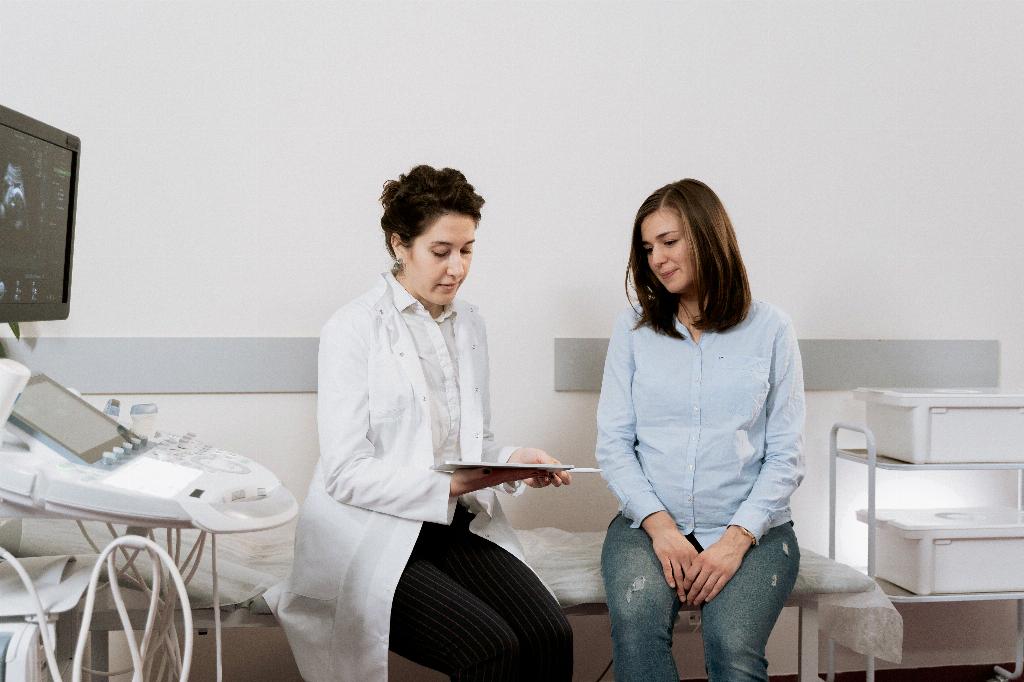Early pregnancy is a time of immense change and growth as your body prepares to nourish and support a developing fetus. Along with the physical changes you may experience, such as morning sickness and fatigue, you may also notice changes in your bowel movements. These changes can vary from person to person, but there are some common trends that many women experience during early pregnancy.
Impact of Hormonal Changes
One of the key factors that can influence your poop during early pregnancy is the surge in hormones, particularly progesterone. This hormone plays a crucial role in maintaining a healthy pregnancy, but it can also slow down your digestive system. As a result, you may experience constipation, where your stools become harder and more difficult to pass.
Changes in Bowel Movements
Along with constipation, you may also experience other changes in your bowel movements. Some women may notice that their stools are looser or more frequent than usual. This can be attributed to the hormonal fluctuations and increased blood flow to the pelvic region, which can affect the muscles in the intestines.
Presence of Blood in Stools
During early pregnancy, you may also notice the presence of blood in your stools. While this can be alarming, it is often due to hemorrhoids or anal fissures, which are common during pregnancy. These conditions can cause bleeding during bowel movements, but they are usually harmless and can be managed with proper care.
Importance of Hydration and Diet
To help maintain healthy bowel movements during early pregnancy, it is essential to stay hydrated and eat a balanced diet rich in fiber. Drinking plenty of water can help soften your stools and prevent constipation, while fiber-rich foods like fruits, vegetables, and whole grains can promote regularity.
Dealing with Constipation
If you are experiencing constipation during early pregnancy, there are several steps you can take to relieve your symptoms. Gentle exercises, such as walking or prenatal yoga, can help stimulate digestion. Additionally, incorporating more fiber-rich foods into your diet and staying hydrated can support healthy bowel movements.
When to Seek Medical Advice
While changes in your poop during early pregnancy are common, there are certain signs that may warrant medical attention. If you experience severe abdominal pain, persistent constipation, or blood in your stools that is not due to hemorrhoids, it is important to consult your healthcare provider for further evaluation.
Conclusion
In conclusion, the poop during early pregnancy can be influenced by hormonal changes, leading to constipation or loose stools. It is essential to pay attention to your bowel movements and make lifestyle adjustments, such as staying hydrated and eating a healthy diet, to support your digestive health during this crucial time. If you have concerns about your poop or experience concerning symptoms, do not hesitate to seek guidance from your healthcare provider.

